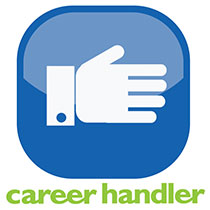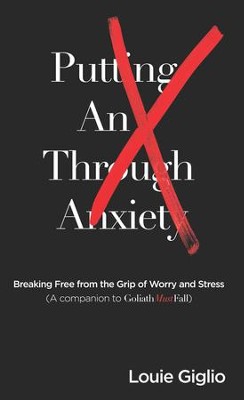What's Your Story?
Description
One of the most common questions that starts of a job interviewer is “So, tell me a bit about yourself.” If you’ve ever been asking this question before, your minds wanders as you ask yourself, how much should I tell them! This can be a very probing question and could very well set the tone for the rest of your interview.
When you hear this question, the interviewer is likely looking to evaluate the following:
- Your attitude. Are you a positive person? Do you have passion about what your communicating?
- Your communication skills. How do you use language? Employers value a person’s ability to communicate clearly and concisely. Are you able to develop a level of rapport?
- Your confidence. Are you proud of your achievements, and confident in your ability to succeed and execute tasks? Are you someone that can be trusted to do the job?
It is important to be prepared with your answer when you hear this question come up.
Composing an engaging, natural story
When you get the “story” question, plan on giving a brief overview of about five minutes. Begin with a short review of your youth, including where you were born and raised, a bit about your family and anything else that you feel is relevant. It’s always nice to learn about a defining moment in someones life that shaped their character. Next, spend a bit of time discussing your college experience and personal interests. The bulk of your answer, about two or three minutes, should focus on highlights of your career, including roles, companies and special achievements. Finally, spend 30 seconds or so wrapping up with your strengths, unique value and the type of leadership style you enjoy.
In the process of composing your story, be sure to avoid including any potential red flags that could be seen as a problem in your career or character. There are some that you might not be able to avoid, such as gaps in work history, lack of a college degree or frequent work changes. Be prepared to acknowledge these red flags and answer questions about them. Remember, if it’s not necessary to say it, it’s necessary not to say it.
Telling your tale
As you tell your story, you should feel relaxed. Talking about yourself is easy – after all, what subject do you know better than your own life? Have fun and maintain a positive attitude throughout your answer, and your interviewer will enjoy it as well.
You can also create an abbreviated version of your “story,” a 30-90 second “commercial” that advertises who you are. When you find yourself in other networking situations, this quick speech can give others an overview of who you are, what you have accomplished, what you are looking for and how you are unique.
Finally, be sure to rehearse your story ahead of time. Practice it in front of the mirror, and make sure you have the framework of your story committed to memory. Eventually, you will stop having to focus on what you’re saying, and begin to focus on how you’re saying it.
Your story is your first big chance to sell yourself as a person. If you are adequately prepared to give it, it could have a big impact on the interviewer’s decision to hire you.
 Overcome challenges with guided prayer, journal prompts, and God’s wisdom using iDisciple Growth Plans.
Overcome challenges with guided prayer, journal prompts, and God’s wisdom using iDisciple Growth Plans.

-12.png)








